Some University of Minnesota students are boycotting Starbucks and McDonald’s, which both have locations on campus, to hold businesses accountable during ongoing Israeli bombing in the Gaza Strip.
Boycotting the businesses is part of an initiative started by the Boycott, Divestment and Sanctions (BDS) Movement, a Palestinian-led effort ensuring Palestinians are entitled to human rights, according to their website. The movement encourages a targeted boycott which focuses on a small number of companies due to their involvement with Israel.
Evey Bartsch, a third-year student and member of Students for a Democratic Society (SDS), partnered with Students for Justice in Palestine (SJP) and Young Democratic Socialists of America at UMN (YDSA) to lead campus-wide awareness campaigns about the ongoing humanitarian crisis.
“We’re trying to educate the general public of the University about what’s happening and it’s been great to hear the thoughts and opinions of Palestinian students,” Bartsch said.
The goal of their education efforts is to encourage the University to stop funding Israeli companies and universities. Bartsch added their goals are based on the BDS Movement.
“The University has a lot of partnerships with companies like Boeing and Raytheon for weapons manufacturing so students can go and build weapons in Israel,” Bartsch said.
Raytheon, an American aerospace company and defense manufacturer that specializes in creating missiles and other weapons, is part of the College of Science and Engineering’s Co-op Program. Students who apply for the Co-op Program assist in designing and testing products with several engineering firms, including Raytheon.
Colby Pitzenberger, a third-year political science student, said global corporations such as McDonald’s create franchises in different countries. McDonald’s Israel is owned and operated by an Israeli businessman, according to Pitzenberger.
Israeli McDonald’s is owned by Alonyal Limited, an Israel-based company, according to Newsweek, and the company’s business model allows each location to be operated independently from the brand.
“McDonald’s in the United States really has no control whether or not McDonald’s gives out free meals to IDF (Israel Defense Forces) soldiers,” Pitzenberger said. “I get where the emotion is coming from, but I do think that time and energy could be better spent elsewhere when discussing the Israel-Palestine conflict.”
Amy O’Connor, a communications professor at the University who specializes in corporate social responsibility, said companies are expected to know what their purpose is in order to determine what actions they should pursue in regards to social issues.
“Different companies might have different mission statements that maybe don’t include a clear nod to activism,” O’Connor said. “One of the things people look for when they think about authentic activism is, ‘Is this really aligned with the company’s purpose, mission or vision?’”
SDS used a light projector to write “Free Palestine” in front of the Dinkytown Starbucks on Nov. 15. Bartsch said she noticed a mostly positive response to their projection in addition to their efforts to encourage students to participate in targeted boycotts.
“We have gotten some pushback from students and indirect pushback from the University about what we’re doing,” Bartsch said. “We tend to divert and de-escalate when we’re in those situations for the safety of the group and to keep things going smooth.”
Pitzenberger said it is important for more people to have civil discourse about what is happening and plan steps to promote individual values to elected officials.
“There’s really no civil discussion about anything that’s going on, it’s both sides yelling at each other,” Pitzenberger said. “It’s raising tensions on both sides and alienating both groups from each other, especially between pro-Israel and pro-Palestine. I think [the boycotts] are ineffective and is raising tensions on campus as we’ve seen with other protests that have gone on.”
Although not every corporation is required to take a stance on social issues, corporations that do make a stance can do more actionable things instead of saying they support a cause, such as donating to a nonprofit or changing their hiring practices, according to O’Connor.
“There’s a general shift in society that says we do expect corporations to have some activism role,” O’Connor said. “Boycotts are a little tricky because it has to go long enough and have a significant enough impact and it may or may not lead to change in public policy or corporate policy.”
Pitzenberger said he supports boycotting Starbucks for their poor labor practices, which has led to the unionization of Starbucks workers, but said it is out of their sphere to speak about Palestine and Israel.
He added the Dinkytown McDonald’s, which recently re-opened, would be busier without protests happening near the restaurant.
“I know there was a lot of fanfare about McDonald’s opening, there were a lot of comments calling for boycotts,” Pitzenberger said. “I saw one protest in front of the Identity by the McDonald’s, so obviously, people are very passionate about what they’re doing.”
Bartsch said people do have rights to support Palestine or Israel, but she encourages students to listen to Palestinian voices and be conscious of how they consume their news.
She said the success of boycotting during the South African apartheid played a big role in pressuring the South African government to change their stance, which she hopes to do for the Palestinian people.
“People should try to understand how bias can play a role in what facts are being presented to them,” Bartsch said. “Part of being a well-informed person is seeking out news sites that might have a bias from multiple perspectives so that we can hear a wide variety of perspectives of what’s happening.”


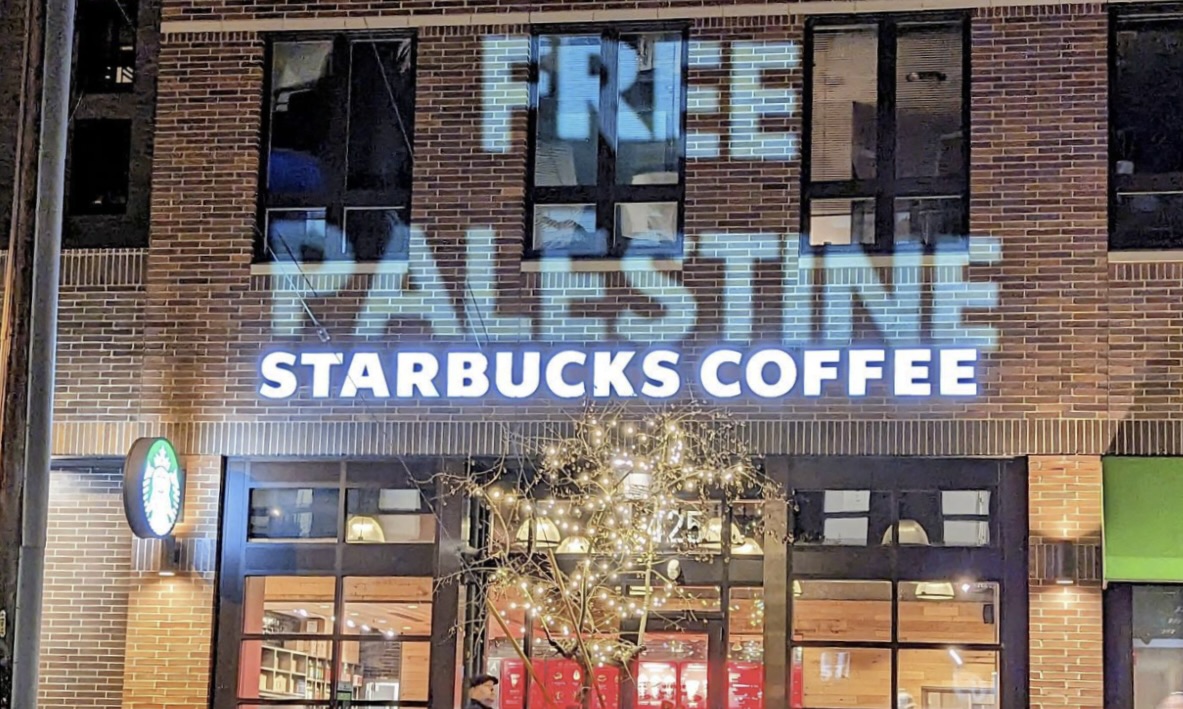

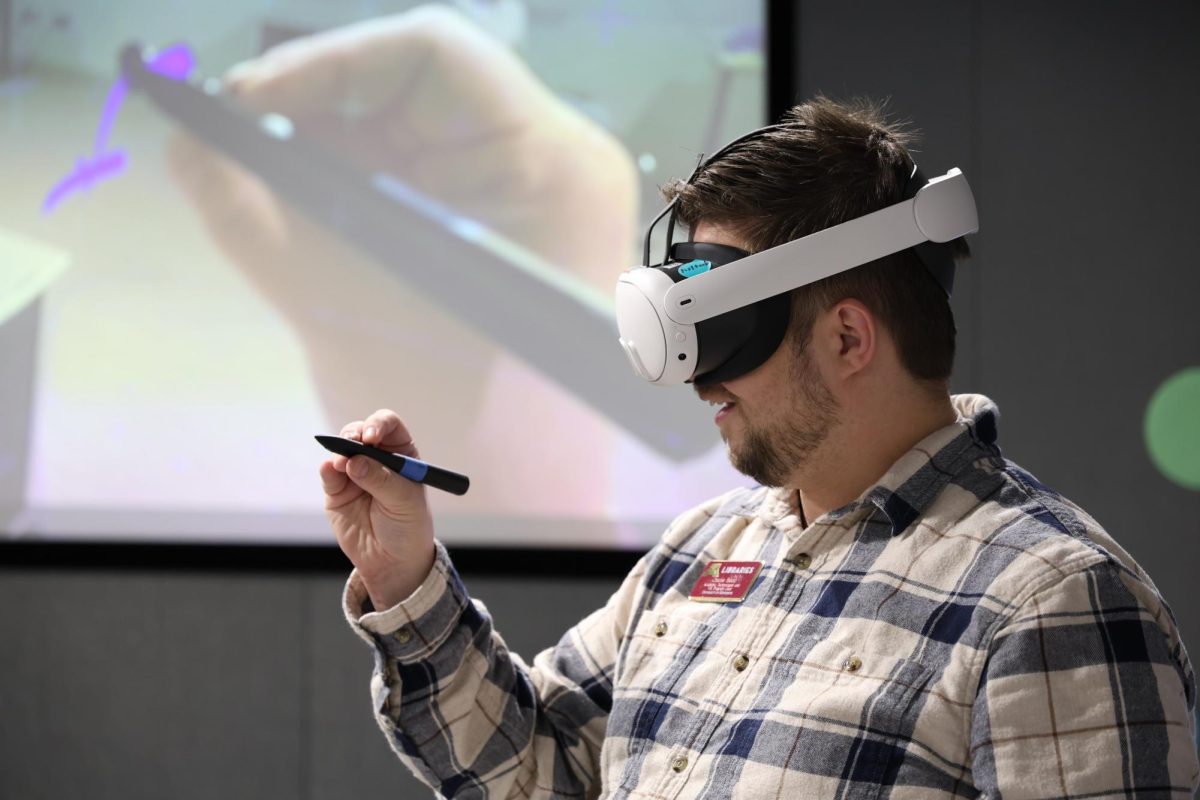

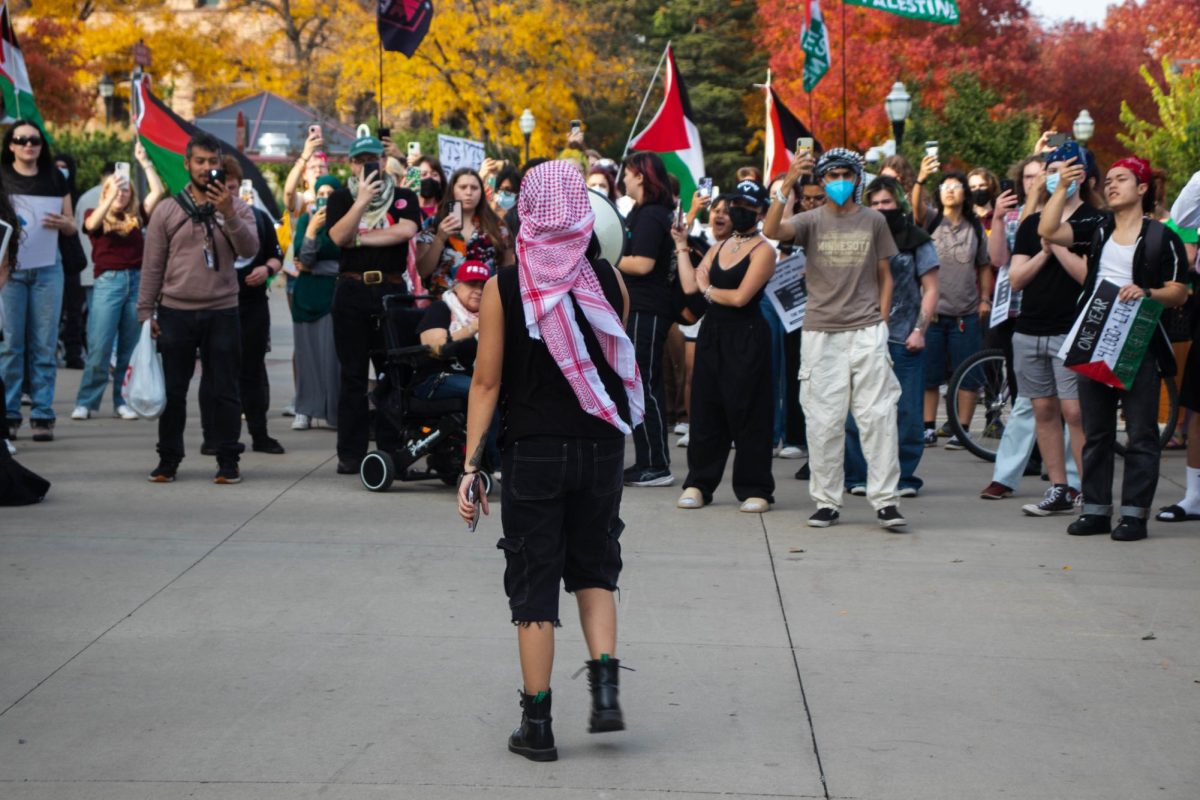
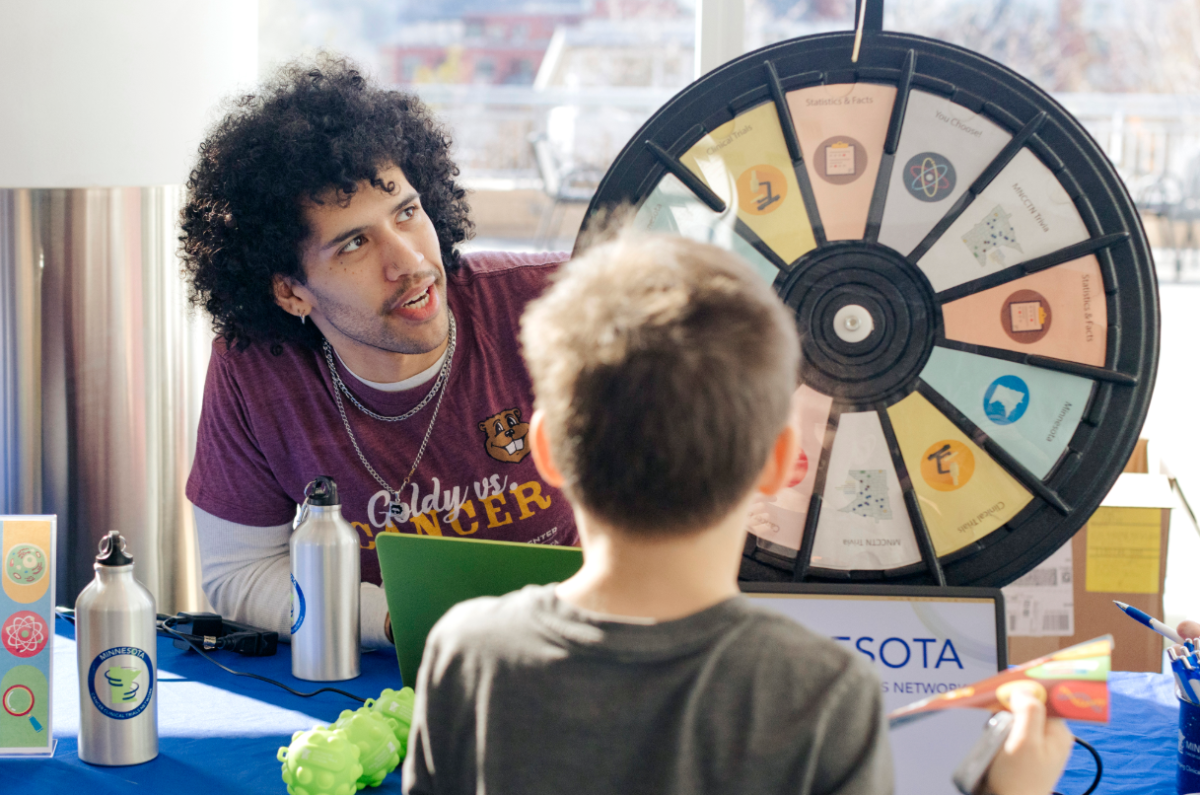



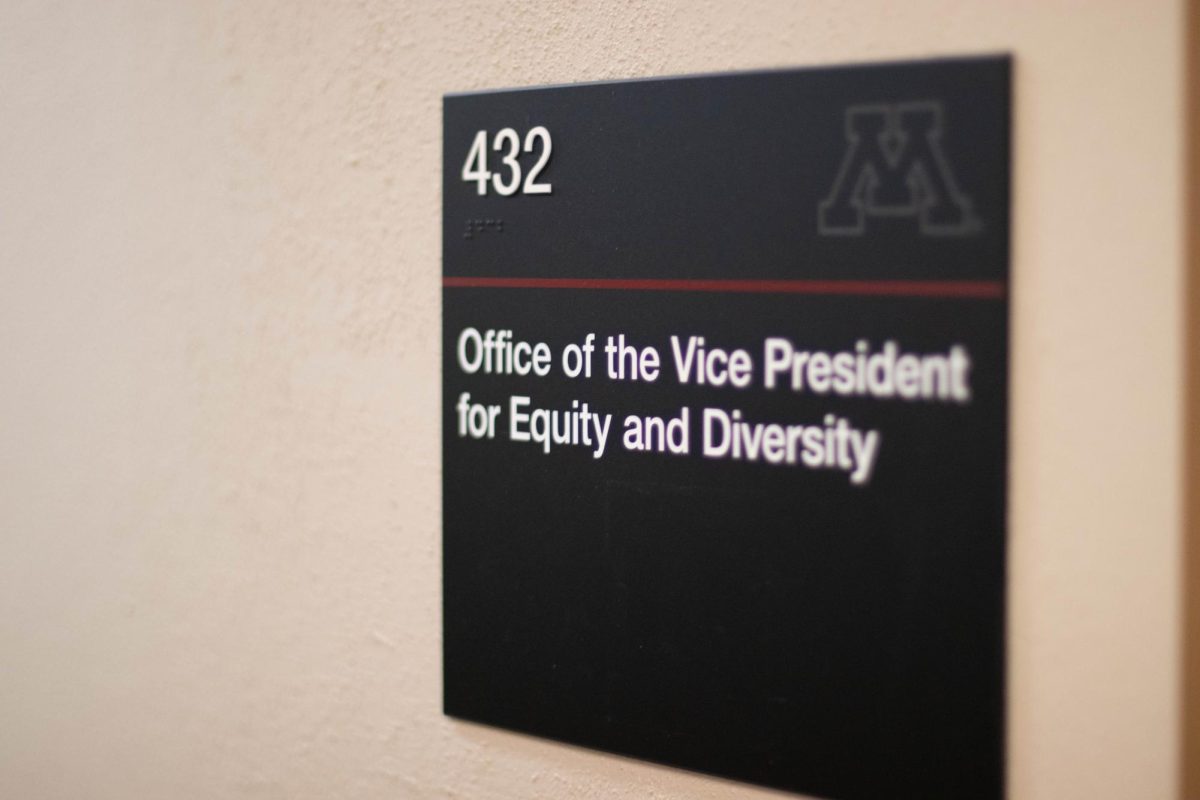


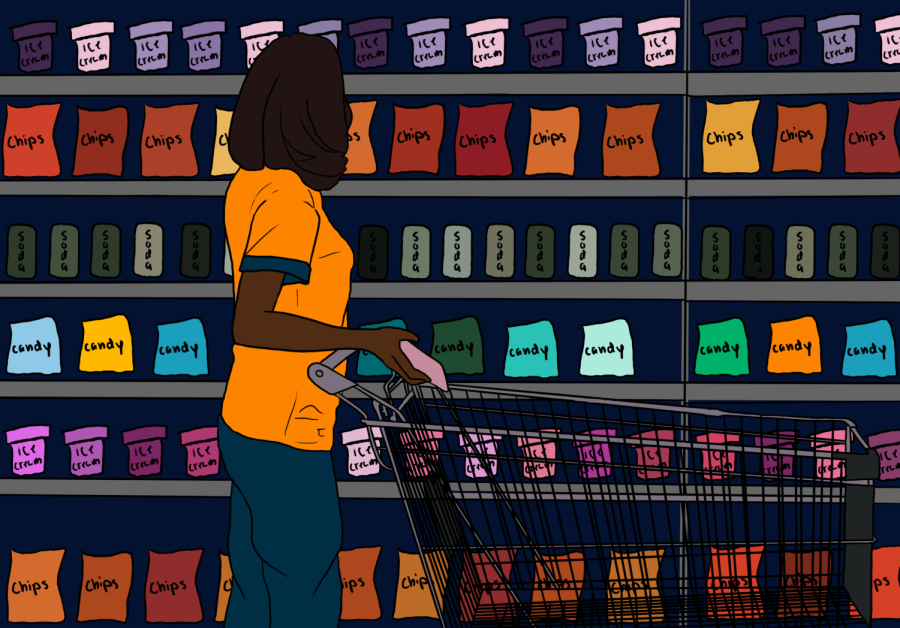
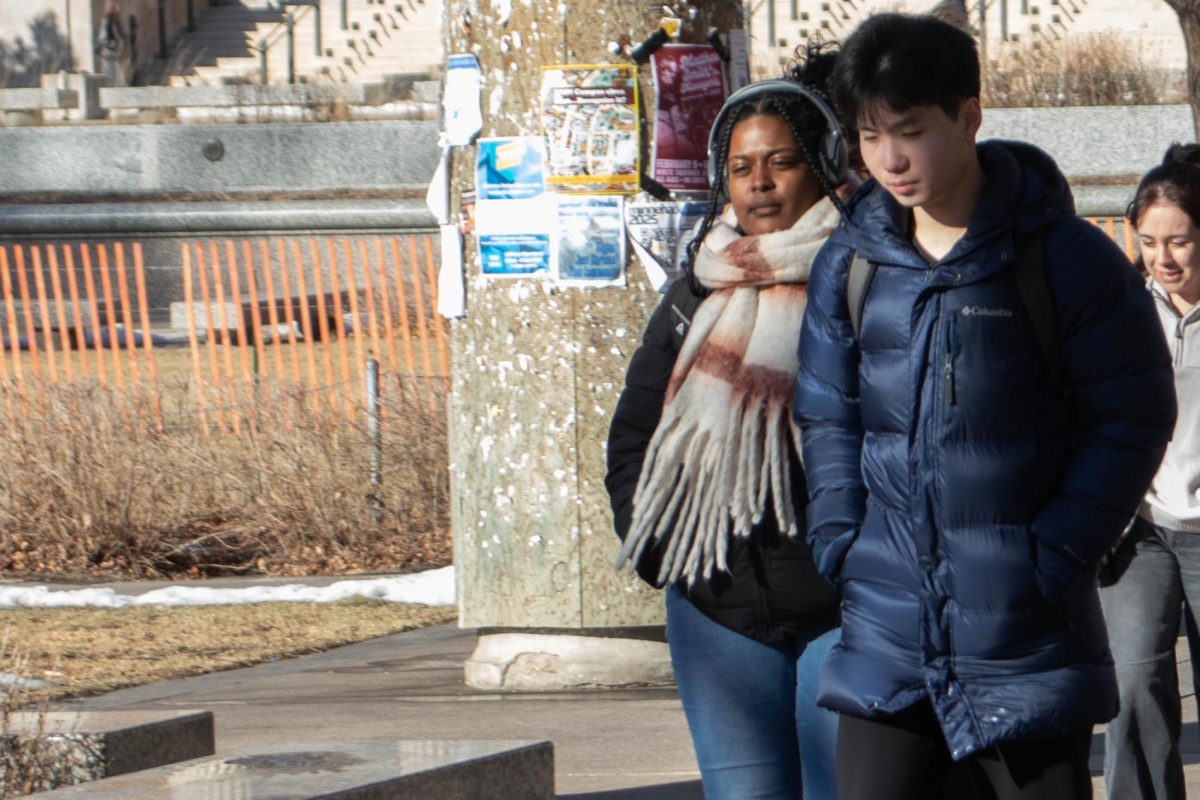
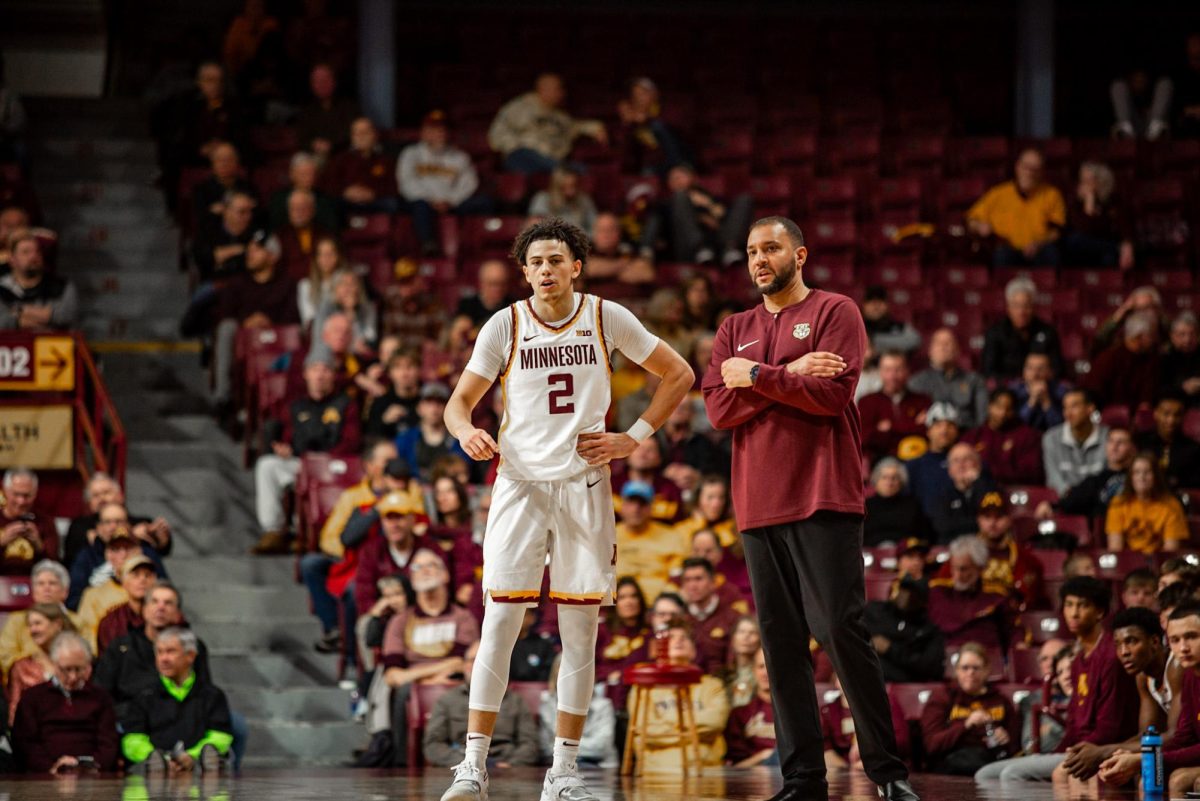





Rob
Dec 8, 2023 at 8:42 pm
So, this bombing of Gaza started 2-3 months ago, and it was unprovoked? Were there any prior atrocities that would have provoked this bombing? They quote the Anti-Semitic organization BDS and also some Socialist groups. How can the author and the editor not mention the horrific atrocities!
A concerned Alumni and Employee…
AUGUST H NIMTZ
Dec 5, 2023 at 6:23 am
Amirah,
Sorry we couldn’t connect about this story. I could have shared with you the lessons of the South Africa BDS campaign that I had the privilege of participating in for more than two decades. I can still share with you what did and did not actually accomplish.
August
MP3
Dec 4, 2023 at 11:56 am
Much respect to these student activists! May your organizing help you heal. Protesting is a human right. Protests benefit all of us even if we don’t participate, understand or agree because just knowing protests are happening energizes, engages and educates us. Protests are powerful; often they are places for public and collective grieving so some yelling should expected and maybe even encouraged. I’m curious what alternative actions some of the people interviewed for this article are engaged in, such as hosting safe places for folks to talk, not yell, about how they feel and what they experience. While it might be true that McDonald’s in Israel can’t be stopped from providing IDF soldiers with free food, I posit that those IDF soldiers consuming free McD’s certainly don’t deserve better food.